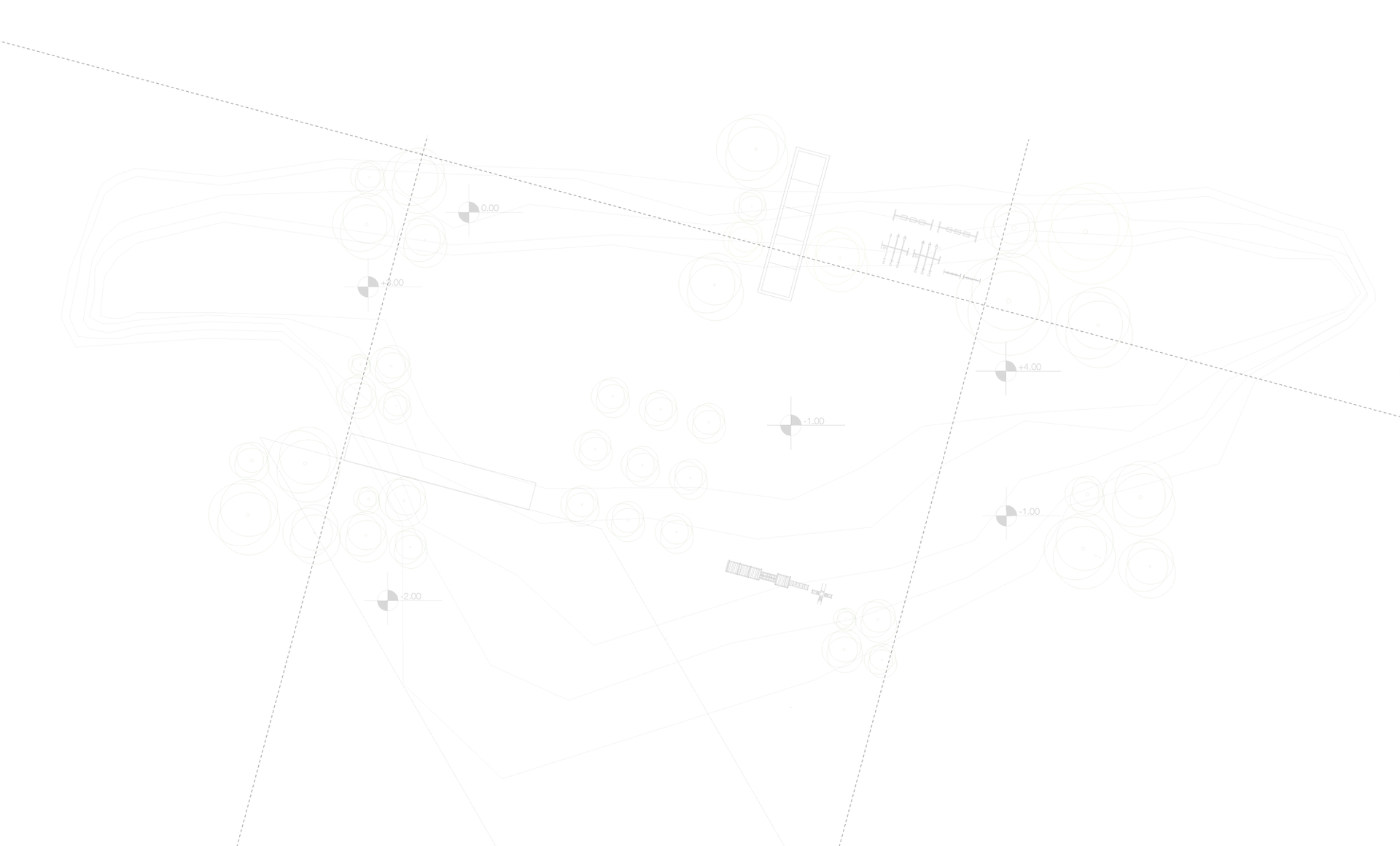Is the sale of public assets to foreign governments "privatisation"?
- David

- May 14, 2022
- 3 min read

Privatisation of public assets has been a relatively bipartisan theme of Australian politics for the past 30 years. Many infrastructure assets were controlled by governments for a range of reasons. These include:
- They were critical to the functioning of society
- No one other than the government would deliver them
- They were natural monopolies, meaning that appropriate prices wouldn't be charged by a monopoly private owner
- Desire to maintain public control and oversight of them
The above arguments have largely been dismissed over the past 30 years. Governments of different political persuasions have sold a range of public assets in areas such as ports, electricity generation/distribution and public transport.
A range of arguments have been put forward to justify privatisation. These include this article by a former NSW public servant arguing that the private sector is better at efficiently managing infrastructure assets and that asset sales are preferable to borrowing money to pay for new infrastructure.
A former Treasurer of NSW in introducing a bill to privatise NSW ports in 2012 indicated that the sale would free up capital to deliver infrastructure that the state needs and allow private sector capital to drive efficiency to our overall economy.
Now that this process has been occuring for the past 30 years, it is interesting to make a note of the new owners of "privatised" assets, that formerly existed in the NSW Public Sector. Oxford languages define "privatisation" as the transfer of a business, industry, or service from public to private ownership and control.
Below shows a list of former NSW public assets that are now owned partly or wholly by foreign governments.
- Freight Corp (rail freight locomotives and wagons) - CPP Investment Board (Canadian Government), China Investment Corporation (People's Republic of China), GIC Private Limited (Republic of Singapore Government), British Colombia Investment Management Corporation (British Colombia Government, Canada)
- Waste Services NSW (landfills and waste recycling facilities) - Veolia (minority owned by French state)
- Sydney Desalination Plant - Owned by Ontario Teachers Pension Plan 60% (joint venture involving Ontario Provincial Government, Canada). Operated by Veolia (minority owned by French state)
- Port Botany and Port Kembla - Partly owned by Abu Dhabi Investment Authority (Government of the Emirate of Abu Dhabi)
- Port of Newcastle (50% owned by China Merchants Group - State Owned Company, People's Republic of China)
- NSW Electricity Transmission System (Transgrid) - Government of the Emirate of Abu Dhabi 19.99%, entities associated with Quebec Provincial Government and Ontario Provincial Government 19.99% and 19.99% respectively (other Canadian government related entities hold a further 15.01% stake through recent takeover of Spark Infrastructure)
- Illawarra and Western Sydney Electricity Distribution System (Endeavour Energy) - Part owned by Qatar Government and British Colombia Provincial Government (Canada)
- NSW Land Titles Registry - 20% owned by Royal Bank of Scotland Group (48.1% owned by United Kingdom government)
- Metro Trains Sydney - 60% owned by MTR Corporation (75.09% owned by Hong Kong Government), 20% owned by China Communication Construction Corporation (63.8% owned by the Government of the People's Republic Of China)
- West Connex Underground Motorway - Entities associated with Canadian Government 10.5%, Quebec Provincial Government, Canada 10.5%, Abu Dhabi Government 9%
- Sydney Ferries System - Transdev (66% owned by French state)
- Sydney Light Rail System - Transdev (66% owned by French state)
- Sydney Bus Services - A range of services have been outsourced to Transdev (66% owned by French state), Keolis Downer Northern Beaches (approximately 50% owned by entities controlled by French state and Quebec Provincial Government, Canada)
As can be seen above, a staggering amount of the State's infrastructure is now owned and operated by entities controlled by foreign governments.
Is the selling of public assets to foreign governments really "privatisation"? Why are foreign governments so keen to acquire these assets? These are questions I do not have an answer to.




Comments